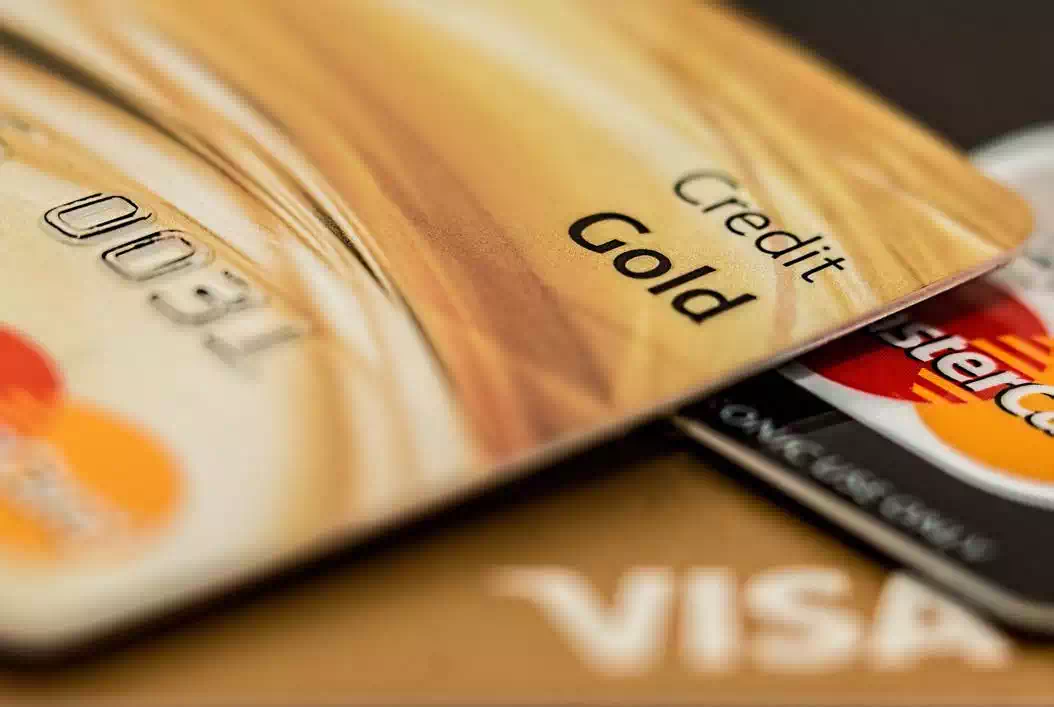Written By: Sancia Campbell
For many, acquiring a credit card is the first step on the journey to financial independence. It solidifies adulthood and shows acquaintances that you’ve acquired financial status. It says that you are ready to start building your financial reputation, and either one or several financial institutions trust you to build that status with them.
However, credit cards, if misused or misunderstood, can cause many issues for the cardholder. Used properly though, a credit card can be the single most important financial tool for the responsible holder. The key is to learn all you can about this financial tool before taking the plunge. The following are seven things every potential credit card holder should know before acquiring a credit card.
1. A credit card is not a debit card–
In the local jurisdiction, most persons who have a savings account, have a debit card. A debit card is a card that allows the account holder to transfer money electronically from their bank account when making a purchase. A credit card, on the other hand, is a card that allows the account holder to purchase goods or services on credit. This means that while the funds used from the debit card belongs to the cardholder, the credit card is intended to provide a short-term loan to the user for a purchase. According to the cardholder’s agreement, these borrowed funds must be paid back within a stipulated time frame.
2. A credit card is basically a bank loan –
Many persons, although instinctively they know that the money on the credit card is not theirs, usually spend it like it is. As previously stated, the credit card is intended to provide a short-term loan to the holder, which must be paid back within a specific time frame. A rule of thumb in managing the card, only spend what you can afford to repay, and repay on time and in full.

3. A credit card can make or break your credit ‘rep’ –
One of the main reasons, particularly first-time card holders get a credit card, is to build their credit. A good credit score almost always qualifies a cardholder for the best interest rates, and lower finance charges on credit card balances and loans. It is vital to make payments on time and in full. Another rule of thumb, is to always keep your balance under 30% of your available credit. Maxing out your credit card is always a bad idea.
5. Know your numbers … credit limit, interest rates, etc., –
The credit limit is the amount of money that the financial institution is willing to let you borrow. This helps you to manage your spending. Always remember that spending too close to your credit limit can hurt your credit score and some financial institutions may cut your credit limit based on your payment (or lack thereof) pattern… that’s as embarrassing as it can get. Your interest rate, as the name suggests, is the percentage that you will pay to use the credit card monthly. This is called APR or Annual Percentage Rate. Some financial institutions offer a fixed interest rate, while others offer a variable rate. Know your interest rate… and note that a 3% monthly rate is annually 36%.
7. Are there benefits other than access to funds? –
Many credit card companies now offer incentives including cash back, points towards travel miles, gas, grocery, dining and entertainment, among other incentives. Some years ago, I had a credit card that offered me some sweet benefits including groceries, discounts on small appliances and spa treatments. This was after accumulating points. Other credit cards offer cash back from as little as 1.5% back to as high as 3%. These are the benefits of having a credit card, once it is used properly.
If you follow these tips, then you will no doubt enjoy the perks of using a credit card and avoid getting swallowed by debt.
4. A credit card may either be secured or unsecured –
Believe it or not, there are persons who opt to take a secured credit card from a financial institution, and with good reason, as it is easier to access than the unsecured card. But an unsecured credit card, as stated before, helps to build your credit reputation.
6. What are the fees and penalties associated with the card? –
A more recent conversation in Jamaica, has been the exorbitant fees that financial institutions charge customers to increase their profit margin. A credit card is one of the major revenue streams for financial institutions. Common charges include fees for transactions, such as balance transfers and cash advances, or for asking to increase your credit limit or make a payment by phone. There also are penalty charges for paying your bill late or going over your credit limit. It will take some research but look for a card with minimum fees, and always, always… read your cardholder’s agreement (more anon)
To read more. Grab our volume 10 #5 issue in stores now
